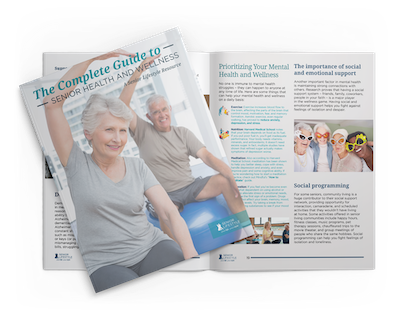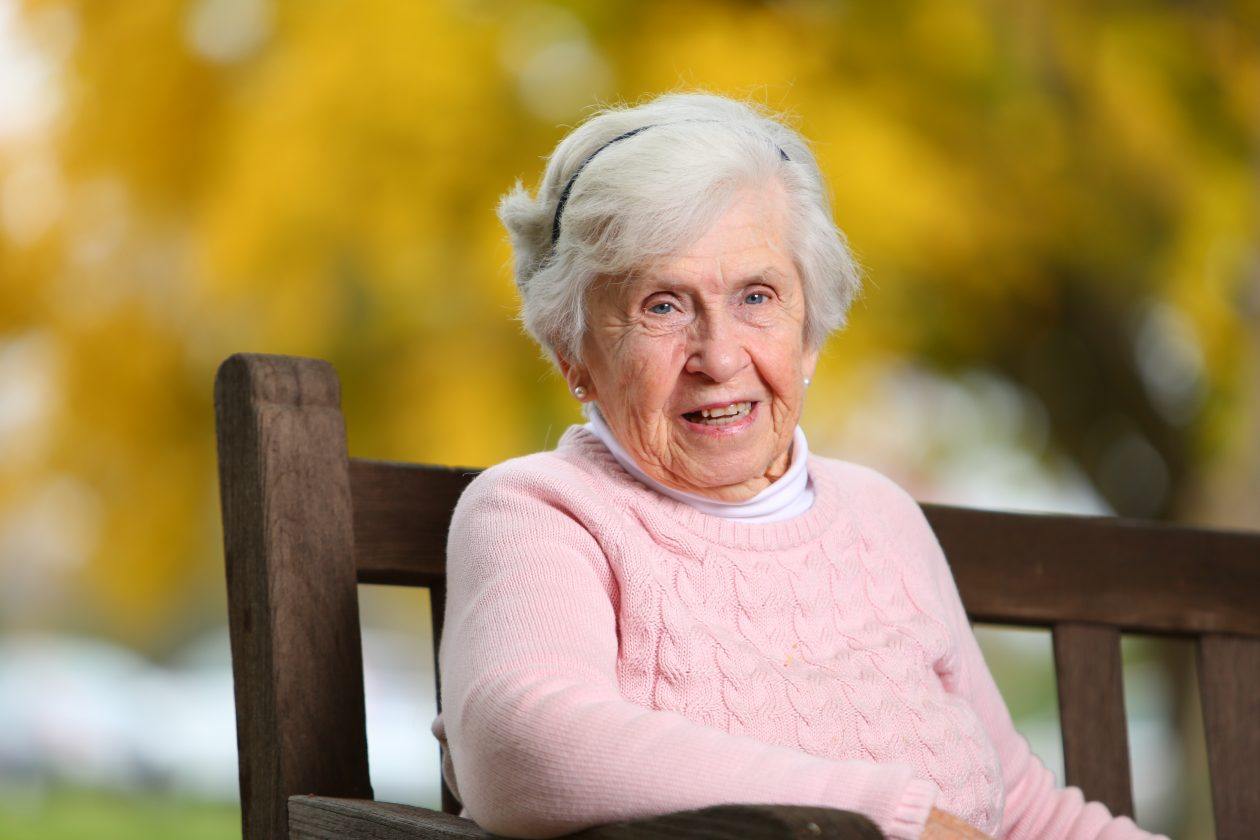What is Senior Isolation, and What Can You do to Help?
Do you feel isolated in your own home? Do you feel removed from family and friends? Do you feel alone with your own thoughts, with no one to talk to and no opportunity to engage with your community?
Unfortunately, for a large and growing number of seniors, the answer is yes. Approximately 13.8 million older adults live in one-person households, representing 28% of people aged 65 or older, according to the National Institute on Aging.
The thought of our aging parents, grandparents and loved ones living alone is difficult enough, but the concern gets even worse when we look at what the research says about the impact of social isolation in seniors.
Facts About Senior Loneliness and Social Isolation
Isolation and Loneliness Are Associated With a Higher Health Risks
A 2020 study by the U.S. Centers for Disease Control and Prevention found some disturbing health risks associated with loneliness.
- Higher rates of depression, anxiety and suicide are associated with loneliness.
- Loneliness among heart failure patients was associated with a nearly 4 times increased risk of death, 68% increased risk of hospitalization and 57% increased risk of emergency department visits.
- Social isolation significantly increased a person’s risk of premature death from all causes. Isolation also was associated with about a 50% increased risk of dementia.
Senior Isolation Can Negatively Impact Physical and Mental Health
In a study published by the National Academy of Sciences, researchers in the Department of Epidemiology and Public Health at University College London found that seniors who report feeling lonely and isolated are more likely to report having poor physical and/or mental health. Multiple studies have shown that individuals with poor social networks and relationships are more likely to suffer from hypertension, coronary artery disease or cardiac failure, and are more likely to experience psychological distress. Social isolation and loneliness in older adults has also been linked with a greater likelihood of unhealthy behaviors, such as inactivity and smoking.
Isolation May Limit Access to Benefits and Services
According to the National Council on Aging (NCOA), the physical, cultural and geographical barriers that isolate seniors from their peers and communities “can prevent them from receiving benefits and services that can improve their economic security and their ability to live healthy, independent lives.” By not taking advantage of such benefits and services, seniors may become even more disconnected to their family, friends and communities as their financial situation worsens or as their physical/mental health declines.

Download The Complete Guide to Health & Wellness for Seniors
As people grow older, their health and wellness needs change. Read our eBook, “The Complete Guide to Health & Wellness for Seniors” for everything you need to know about staying healthy and happy as we age.
Download the GuideHow Seniors Can Benefit from Socializing
Conversely, seniors can boost their mental health by socializing. According to the American Public Health Association, socialization helps seniors in these ways:
- Aids with cognition and memory recall
- Improves mood
- Promotes healthy behaviors, including exercise
Seniors can benefit from social activities, which are shown to improve mental health. These can include:
- Billiards, darts and other parlor games
- Bingo
- Card games
- Exercise classes and walking groups
- Happy hours and group outings
- Regular phone calls and video conferences with friends and family
- Swimming and water aerobics classes
How to Help Lonely or Isolated Seniors Reconnect
Address Health Issues That May Contribute to Isolation
Seniors can become withdrawn and isolated for several reasons, including undiagnosed or untreated health issues. Seniors who experience incontinence, for example, may be hesitant to leave their homes, or seniors with hearing difficulties or deteriorating vision may avoid social situations out of embarrassment or frustration. Talk with your loved one about their health and address any issues that may be limiting their social life. You may need to speak with your loved one’s caregivers or health providers for a clearer picture of their overall health.
Encourage Self-Esteem and Self-Confidence
Body image doesn’t get as much attention as other aging concerns, but it can be a major contributing factor to senior isolation. Older adults may become self-conscious about their appearance to the point that they avoid social interactions entirely. Compliments and positive comments about your loved one’s appearance can go a long way and may even provide a boost of self-esteem and self-confidence that helps your loved one get out and reconnect with the world. Science Daily reports that researchers have also found that boosting self-esteem can buffer potential health threats in seniors.
Give Your Loved One a Pet
Taking care of an animal can combat senior isolation and loneliness in many ways. For seniors who are healthy enough to engage in physical activity, having a dog means going on walks and visiting dog parks—in other words, getting out of the house. Pets also serve as a social icebreaker and can make it easier for seniors to strike up conversations with strangers. If your loved one is not capable or willing to care for a pet on their own, check to see if there are any volunteer organizations in your city that match therapy animals with homebound seniors for weekly visits, such as Therapy Dogs International and Caregiver Canines. Animal companionship alone may be enough to help ward off feelings of isolation and loneliness.
Make Transportation Easier
An analysis of data from the National Household Travel Survey found that among adults 65 and older who reported not leaving home in the past week, more than half reported that they would like to get out more often. Lack of transportation is one reason why seniors may not get out as much or as often as they would like. Offer rides to older loved ones or introduce them to rideshare services like Lyft and Uber to make it easier for them to get out of the house.
Notify Neighbors, Friends and Caregivers
If you’re concerned that an aging parent, grandparent or loved one is isolated and lonely, notify other people in their lives who can help make a difference. If a loved one is aging in place, for example, reach out to their neighbors and explain your concerns. Caregivers and health providers should also be notified if you are worried that a loved one is not getting as much social interaction as they want or need.
Socially-Focused Senior Living
At Senior Lifestyle, we understand that social wellness may be more difficult to attain for seniors, especially those who are limited by health problems or who don’t live near family and friends. That’s why we provide activities and events designed specifically to increase social interactions and enrich the lives of those we serve. Learn more about how we help seniors socialize in comfortable, welcoming environments.

